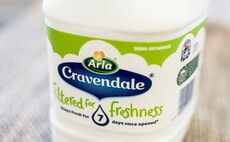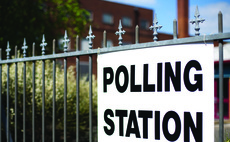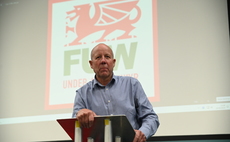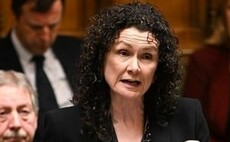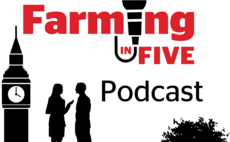A PROPOSAL to abolish checks on EU food imports has been branded an act of massive self-harm by a leading farm group.
The plan was outlined in an Institute of Economic Affairs report and immediately backed by new Brexit Opportunities Minister Jacob Rees-Mogg.
The think-tank also advocated unilaterally recognising the sanitary and phytosanitary (SPS) standards of other countries with similar objectives to EU rules.
EU checks on British exports have been in place since the end of the Brexit transition period on January 1, 2021, but Great Britain has delayed introducing reciprocal inspections twice amid concerns about food shortages during the pandemic, leading to complaints about an unlevel playing field for domestic farmers.
Defra Secretary George Eustice has promised the checks will be imposed in July this year and recently told MPs on the Environment, Food and Rural Affairs Select Committee that their introduction could force the European Commission to open talks on a bespoke veterinary agreement which would reduce trade friction on both sides a position which appears to put him at odds with his Cabinet colleague Mr Mogg.
Farmers' Union of Wales head of policy Dr Nick Fenwick said: It would be utter hypocrisy to lower the barriers for our competitors at a time when our own rules are being added to and agricultural support is being cut.
The additional rules UK exporters must now comply with have meant export volumes of lamb, beef and dairy products have fallen by 20 per cent, 12 per cent and 11 per cent respectively since 2020.
Unless we could secure a guarantee that the EU would match any reductions in checks, then the lowering of import barriers would be an act of massive self-harm.
Tenant Farmers Association chief executive George Dunn also raised concerns about the proposal, saying it would be complete folly to try to protect consumers by maintaining high standards for home production if those standards were undermined at the border.
Eventually, it will lead to the loss of domestic production and aligning standards at the lowest common denominator, neither of which are in consumers best interests, he added.












